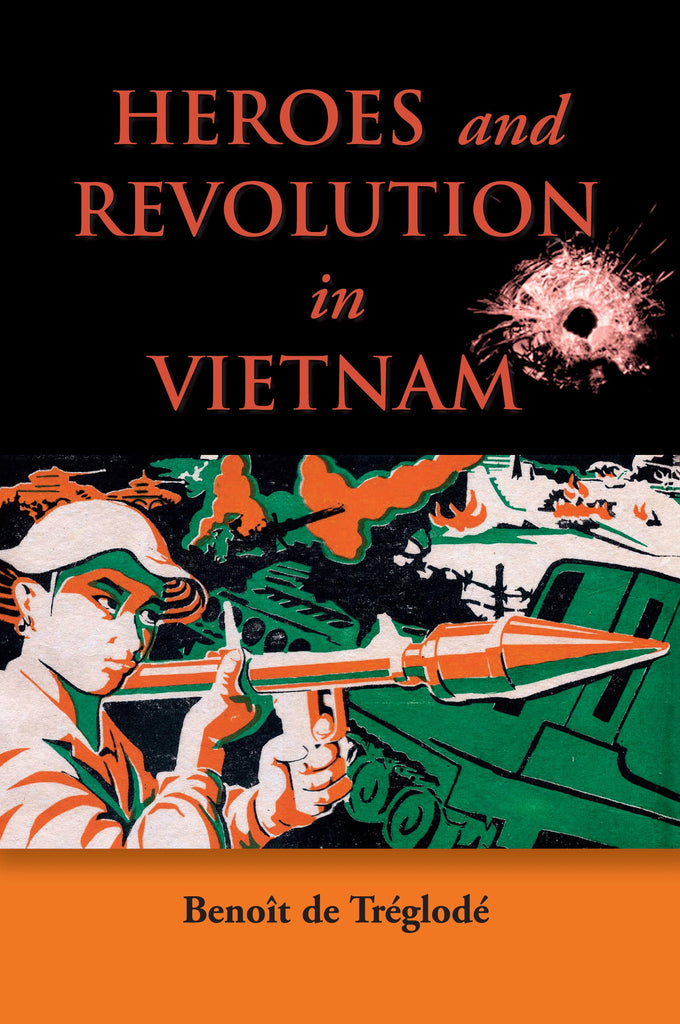Heroes and Revolution in Vietnam, 1948-1964
$38.00 SGD
On the eve of the war against the South Vietnamese regime in 1964, the communist party strove to carve out a new productivist and political elite from the towns and villages of the country. According to a categorization of patriotic exemplarity devised by Ho Chi Minh, "avant-garde workers", "exemplary soldiers" and "new heroes" would fill the ranks of a "new model society", one in which political virtue would serve as the principle to mobilize the masses.
This study presents and analyzes the process by which "new heroes" were invented. It first develops a picture of what constituted heroes in Vietnamese tradition and history, and then shows how the new model, effectively a Sino-Soviet import, was imposed, only to be slowly distorted by its own cultural rationale and by specific objectives. Far from being a transitory phenomenon, this model has contributed for more than half a century to the reconstruction of the national imagination and the development of a new collective, patriotic and communist memory in Vietnam.
"This fascinating account is like no other study in French or English. Based on primary sources from Archives No. III in Hanoi and scores of interviews, it is a fascinating read." - Christopher GoschaBenoit DE TREGLODE has a PhD in History and Civilization from the School of Higher Studies in Social Sciences (EHESS) in Paris, and is currently Director of IRASEC (Institute of Research on Contemporary Southeast Asia) in Bangkok, Thailand.
"de Tréglodé makes a significant contribution to our understanding of this period and the role that people officially labelled as heroes played in shaping it. In doing so, he has laid the foundation for comparative studies of emulation in other revolutionary contexts." - Ken MacLean
IRASEC Series on Contemporary Asia
Publication Year: 2012
245 pages, 229mm x 152mm
ISBN: 978-9971-69-554-5, Paperback
NUS Press

